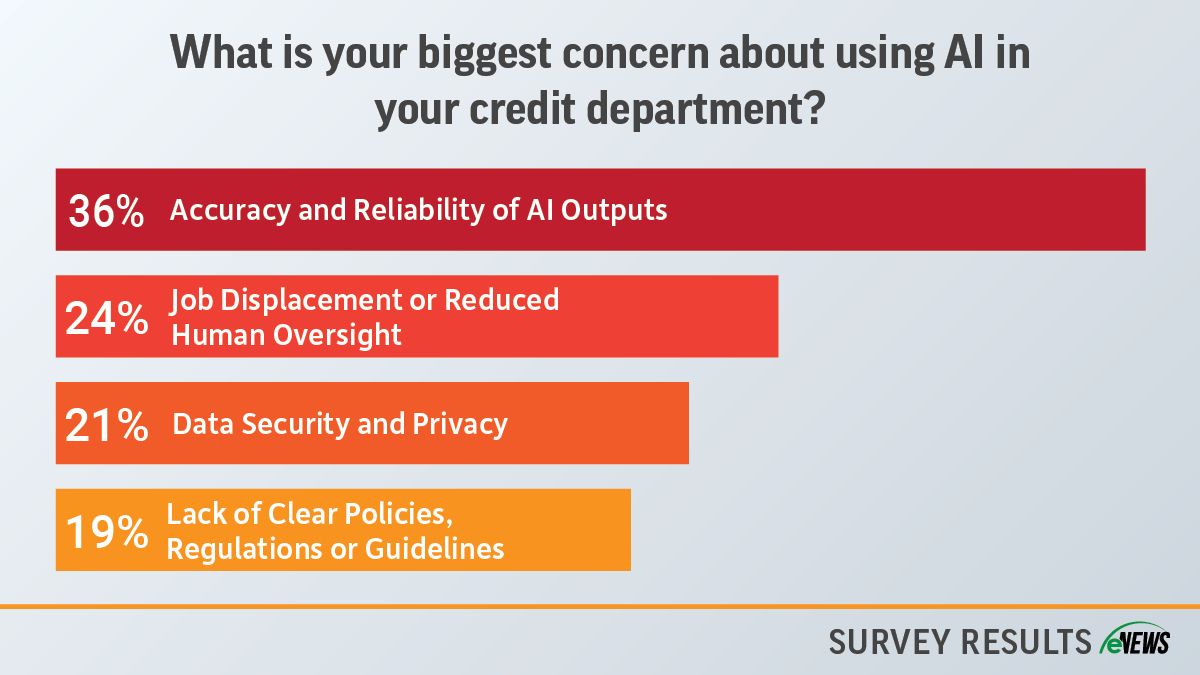Business Practices, eNews
Expert advice on denying credit: Insights from attorneys

The credit department aims to maximize safe sales, requiring tough decisions. Denying credit is a last resort but sometimes essential.
Why it matters: While it’s important to communicate the decision effectively, it’s equally as important to be mindful of the legal constraints surrounding what information you can disclose.
It’s illegal to deny credit for discriminatory reasons. If you do, you run the risk of violating the Equal Credit Opportunity Act (ECOA), which prohibits creditors from discriminating against credit applicants on the basis of race, color, religion, national origin, sex, marital status and age. These violations could result in possible litigation.
What they’re saying: “You simply need to make certain you are not denying credit on a discriminatory basis, and that any denial has a factual basis to which you can point,” said Nan Hannah, Esq., attorney at Hannah Sheridan & Cochran, LLP (Raleigh, NC). “If there is a way they might remedy the situation, it never hurts to generically invite reapplication with more information as long as nothing in that invitation could be read to promise, if they do X, we will extend credit.”
Credit denials require careful communication. When a credit application is denied, the applicant will naturally seek to understand the reasons behind the decision. It is best to adhere to the facts and use broad-based reference points.
When denying credit, use broad language like, there is insufficient information to make a decision. This manner informs the customer why they were denied and leaves room for future business.
Here are some examples of what not to say when denying credit:
- “We cannot extend credit because of the industry sector of your business.”
- “The credit application was denied because industry contacts indicated your company has a history of fraud.”
- “The credit application was denied because the business is located in a high-risk area.”
Understand your legal obligations and what you don’t have to say. It’s key to maintain transparency and professionalism in credit denial communications to avoid legal implications and uphold ethical standards in credit management practices. “The important part is that the reasons for the denial are factual, not subjective, and are based on the information provided in the credit application, a credit report, payment history or applicant financials,” said Rebecca Hicks, Esq., associate attorney at Hicks Law Group PLLC (Dallas, TX).
When communicating credit denials, remember to focus on factual reasons for the decision to avoid legal repercussions and maintain transparency with the applicant. “You cannot claim that you denied credit based on internal standards or policies, or that the applicant or joint applicant didn’t achieve a qualifying score in your credit scoring system, because those reasons are too vague,” said Jason Torf, Esq., partner at Tucker Ellis LLP (Chicago, IL).
If you deny credit due to problems in a customer’s credit report, such as judgments or tax liens, explain the decision by listing those issues to the customer (if they ask and you’re willing). “That’s the safest approach because you want to avoid situations where someone might claim that the adverse credit action is inappropriate or illegal,” said Karen Hart, Esq., partner at Bell Nunnally & Martin LLP (Dallas, TX). “The credit manager must decide whether or not they’re willing to do business with the customer and help them resolve the issues in their report because they’re not obligated to do so.”
If a customer requests a copy of their credit report, you are not obligated to provide that information. “You can say that the customer has the right and the ability to get obtain their own credit report,” Hart said.
When you deny credit, you have to give your customer the opportunity to request in writing the reasons that you denied credit. Customers have 60 days to request reasons for credit denial, and the creditor must respond within 30 days. “You can give those reasons orally at the time of the denial of credit as opposed to waiting if you so choose,” said Torf.
The Fair Credit Reporting Act (FCRA) is a federal law that protects consumers and regulates how consumer reporting agencies (CRAs) can access and use their personal information. It applies to CRAs such as credit bureaus, tenant screening services and medical information companies. “The FCRA requires a creditor to disclose when it bases its decision either fully or just in part on information from a source other than the applicant or the creditors’ own files,” Torf explained.
Be proactive when possible. To avoid possible violations or conflict, include language from the ECOA in the header of the credit application. “But beyond that, your written notice has to state the specific reasons for the adverse action for the denial of credit and it has to include the principal reason or reasons for the denial of credit,” Torf said.
In your credit application process, include the requisite disclosures and permissions for contacting third parties to obtain information. In the case of credit denial, maintain a file with the information that supports the denial. “If the reason does not pertain to their financial capability to meet their obligations, it is likely inappropriate to inquire about it,” Hannah said.
The bottom line: Properly handling credit denials not only safeguards against legal issues but also preserves the company’s professional image and fosters trust with customers enhancing long-term business prospects.





